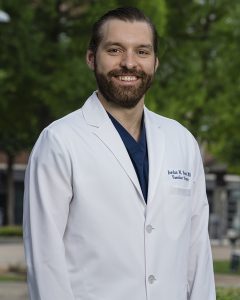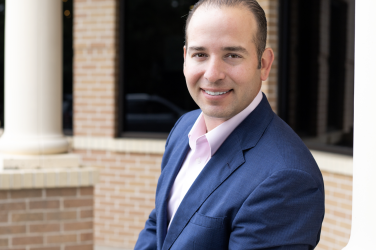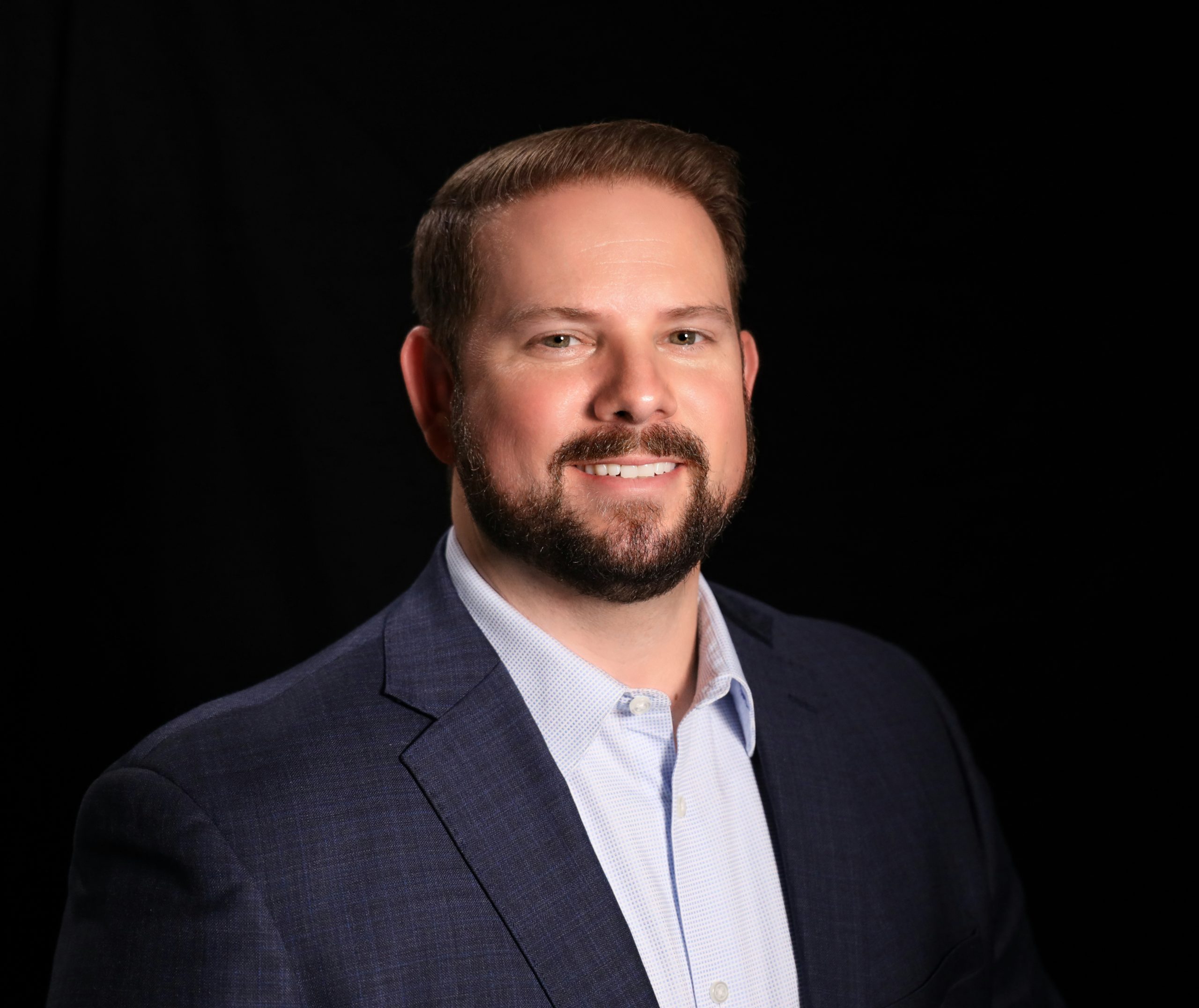
Q&A
Hospital
What kinds of problems do vascular surgeons treat?
Vascular surgeons deal with issues arising from veins or arteries. This can include anything from active bleeding to blockages in vessels. This also includes aneurysms throughout the body. Basically, if a vein or artery is involved that’s not part of your brain or heart, we’re the specialists you want to see.
What can I do to guard or promote my own vascular health?
As we age it is vital that we remain as active as we can. Walking and other weight bearing exercises like light weights, Pilates, low-impact aerobics, elliptical training machines, and gardening can improve blood flow, slow bone loss, and benefit your heart. Also, blood pressure should be well controlled. But abstaining from smoking is the number one thing you can do to protect your vascular health.
I thought smoking only affected lungs?
Smoking is the major modifiable risk factor for vascular health. It leads to plaque formation, causing blockage in arteries. Nicotine is one of the most addictive substances known. If you are ready to stop smoking, you can talk with us about developing a plan to help. This can include medication and counseling. There are numerous groups to contact for support as well as apps to keep you on track and techniques to help you cope with stress in ways other than smoking. If you have a past history of smoking, we recommend certain screenings, especially if you have reached age 65.
What if I’ve had a stroke?
It’s very important that your medical professionals screen for plaque in your carotid artery. This can cause diminished blood flow, resulting in a stroke or transient ischemic attack, sometimes referred to as a “mini-stroke.”
Can medications help?
We often prescribe a baby aspirin per day for patients with vascular disease. Sometimes blood thinners are also needed. A category of drugs called “statins” can treat high cholesterol and can also prevent blockage of veins and arteries. Many, many studies have shown the benefits of these medicines. Muscle pain can be a side effect of statins. If you have muscle pain, don’t hesitate to discuss it with your doctor.
Individual results may vary. Physicians provide clinical services as members of the medical staff at one of Baylor Scott & White Health’s subsidiary, community, or affiliated medical centers and do not provide clinical services as employees or agents of those medical centers or Baylor Scott & White Health. ©2024 Baylor Scott & White Health.











